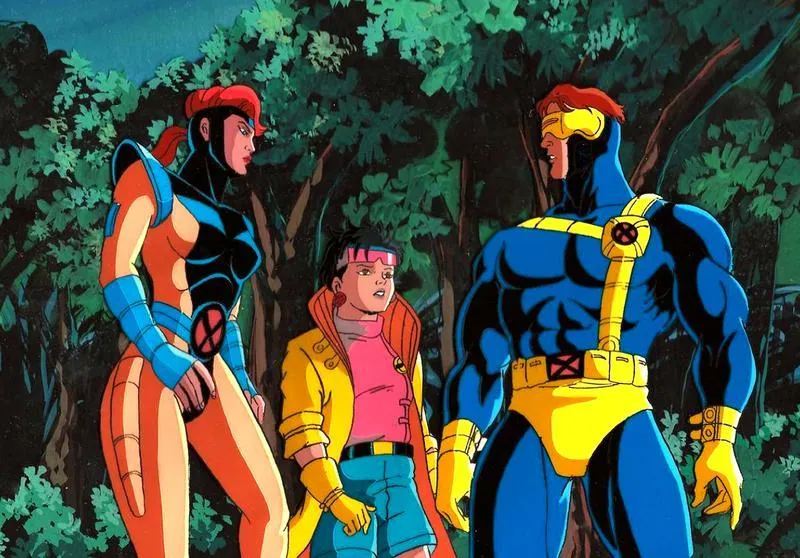The X-Men ’97 series has goed on a bold endeavor to reimagine the traditional X-Men narrative, and its handling of LGTBQ+ representation is a vital aspect of this endeavor. One notable aspect of this representation is the character Morph, a non-binary individual whose appearances are limited in the series. Morph’s past encounters with sentinels have left emotional scars, and their non-binary identity could have been showcased more extensively.
Morph’s connection to the sentinels is deeply personal, and their unique perspective on the machines’ destructive power suggests they could have played a more significant role in combating the sentinels. As someone who has intimate knowledge of the machines’ destructive capabilities, Morph would have been an ideal candidate to lead the charge against them.
Morph’s struggle with trauma and their fractured mind makes them a powerful representation of the dark costs of marginalization. By exploring their story, the show could have used Morph as a real-world inspiration for fans and a teaching tool to educate about the devastating effects of intolerance. Their struggles and emotional past could have been utilized to give them a more compelling present, making their character a strong reflection of the non-binary experience.

A Still From X-Men ’97 (Via IMDB)
While Morph’s happiness is portrayed in the series, it is often used for comedic effect rather than going into their emotional past. The show missed an opportunity to mine Morph’s emotional past to create a more compelling narrative. Disappointingly, this omission is especially egregious given the relevance of Morph’s struggles to the experiences of the LGTBQ+ community.
By embracing the LGTBQ+ parallels in Morph’s story and expanding these connections in future storylines, X-Men ’97 has the potential to be at the forefront of positive representation in Marvel’s vast universe of properties. This representation can finally give non-binary fans a strong character that reflects their own lived experiences.
























